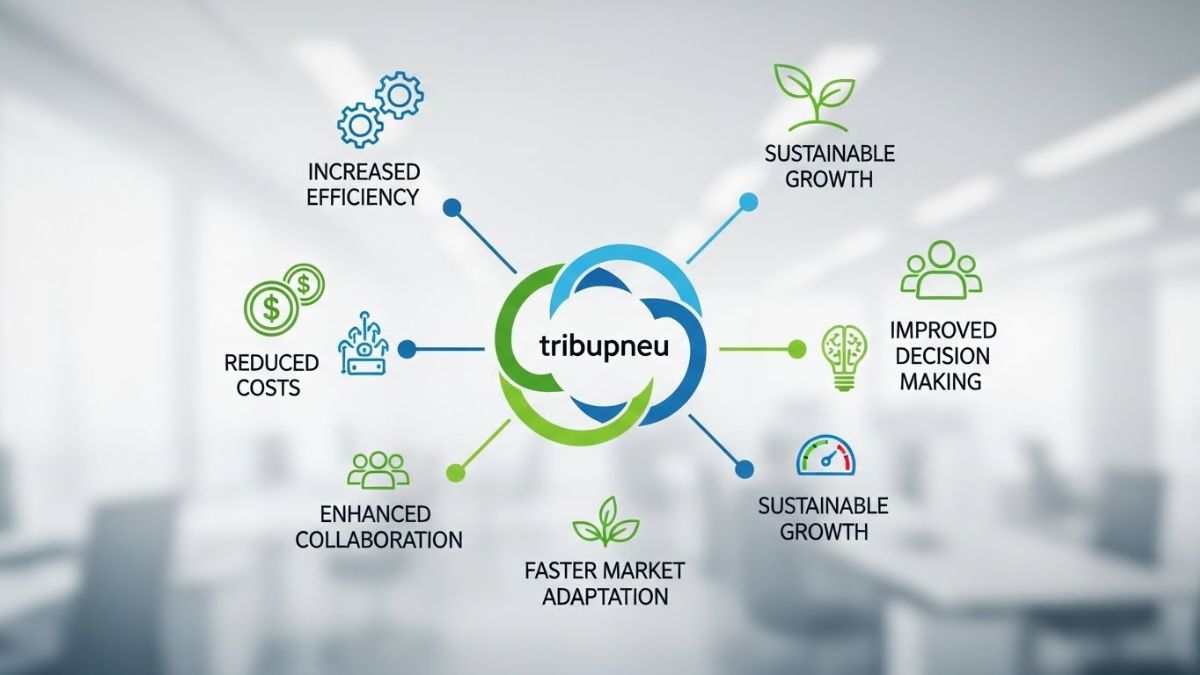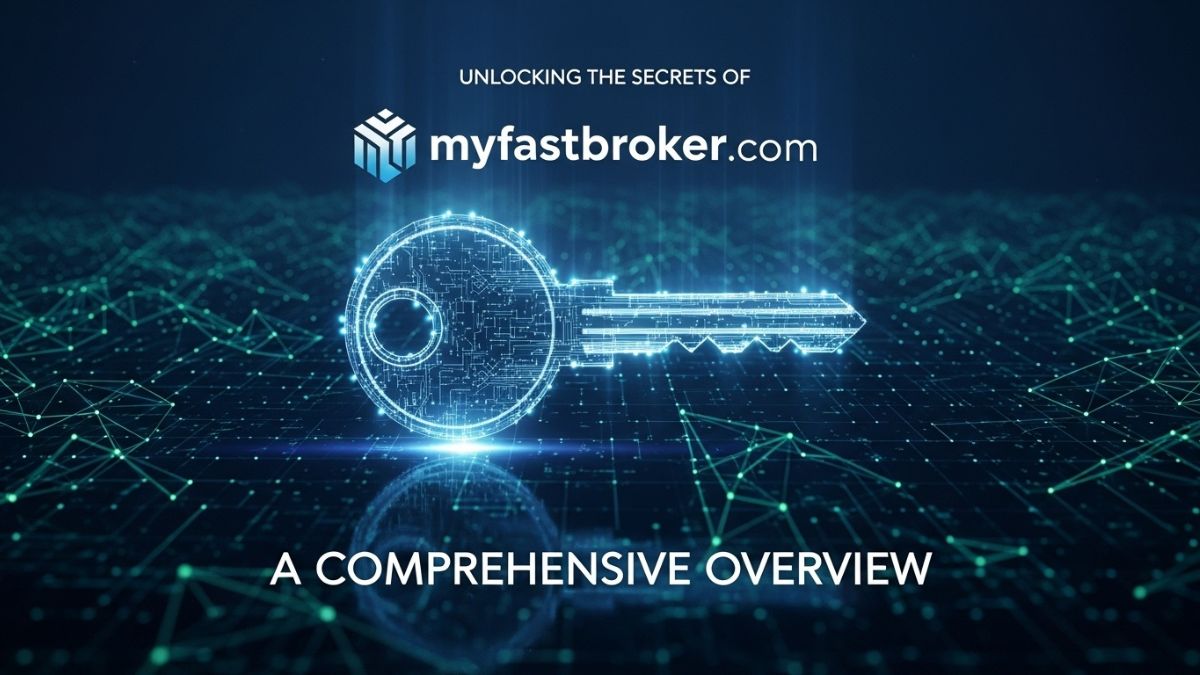When money feels tight and debt seems overwhelming, turning to a credit counselor can be a smart move. But not all credit counseling services are created equal. Some organizations may rush you into a debt management plan (DMP) without fully understanding your unique situation, while others might not offer the comprehensive help you need. If you’re exploring debt relief programs or looking for genuine financial guidance, it’s crucial to know what to avoid and what to look for in a credit counselor. Here’s a breakdown to help you make an informed choice and find support that truly fits your needs.
Don’t Settle for Counselors Who Push One-Size-Fits-All Solutions
A red flag to watch for is when a counselor immediately pushes a debt management plan as the only option. While DMPs can be effective for many, they aren’t the right fit for everyone.
Good credit counselors take time to review your full financial picture—income, expenses, debts, and goals—before recommending any solutions. They may suggest budgeting help, savings strategies, or other forms of debt relief depending on your situation.
If you feel pressured to sign up for a plan before the counselor understands your finances, it’s time to look elsewhere.
Avoid Organizations That Lack Transparency About Fees
Some credit counseling agencies charge high fees or hidden costs that aren’t clear upfront. A trustworthy organization will be open about all fees, including whether initial consultations are free and what costs you’ll face if you enroll in services.
Before committing, ask for a written explanation of fees and review it carefully. Avoid agencies that hide charges or refuse to provide clear information.
Many reputable debt relief programs offer free counseling sessions or charge minimal fees, so don’t settle for confusing or expensive arrangements.
Beware of Agencies That Aren’t Non-Profit or Accredited
The most reliable credit counseling services are usually non-profit and accredited by recognized organizations. Non-profits focus on helping consumers rather than making money, and accreditation ensures they meet certain ethical and professional standards.
If an agency isn’t transparent about its non-profit status or refuses to provide proof of accreditation, proceed with caution. Scammers often disguise themselves as counselors, so verifying credentials protects you from fraud.
Checking reviews and asking for recommendations can also help you identify trustworthy programs.
Steer Clear of Counselors Who Don’t Offer Comprehensive Services
Debt and money management involve more than just paying off balances. Effective credit counseling should include budgeting help, savings advice, and education on credit and money habits.
If a counselor only talks about debt repayment without offering classes or tools to improve your overall financial health, you might miss out on critical support.
Look for organizations that provide workshops or one-on-one sessions on managing money, building credit, and avoiding future debt problems.
Avoid Agencies With Poor Customer Service or Communication
Good communication is key in any counseling relationship. If you find it hard to reach your counselor, get delayed responses, or feel rushed during sessions, that’s a warning sign.
A credit counselor should be patient, respectful, and willing to answer your questions fully. Poor customer service can leave you feeling confused and unsupported during a stressful time.
Checking online reviews and testimonials can give you an idea of how well an agency treats its clients.
Don’t Ignore the Fine Print in Agreements
Before signing any agreements, read the fine print carefully. Some agencies might include clauses that commit you to long-term contracts, automatic payments, or penalties for early withdrawal.
Understand your rights, how payments are handled, and what happens if your financial situation changes.
Asking for everything in writing and taking time to review documents helps prevent surprises.
Avoid Making Decisions Without Comparing Options
It’s tempting to pick the first credit counselor you find, especially when you’re under pressure. But shopping around and comparing services, fees, and reputations can save you time and money.
You might find a counselor who offers more personalized plans or better education tools. Using debt relief programs’ reviews and resources can help you identify the best fit.
Don’t rush—take the time to find a counselor who truly understands and supports your financial goals.
In Conclusion: Choose Credit Counselors Who Put You First
Choosing a credit counselor is an important step toward financial stability, but it requires care and awareness. Avoid agencies that push quick fixes, charge hidden fees, lack transparency, or provide limited support.
Instead, look for non-profit, accredited organizations that offer comprehensive services, clear communication, and personalized plans.
If you’re struggling with debt, combining credit counseling with trusted debt relief programs can provide a strong foundation for rebuilding your finances.
By knowing what to avoid and what to seek, you empower yourself to make decisions that lead to lasting financial health and peace of mind.











